West Nile virus, a mosquito-borne disease, has made its presence felt in California, with 19 cases and three deaths reported so far in 2024.
Two of these deaths occurred recently in the Bay Area, sparking concern among residents. As mosquito season peaks, officials are urging Californians to stay vigilant against this virus.
Dr. Anthony Fauci’s Battle with West Nile

Dr. Anthony Fauci, the well-known face of the U.S. COVID-19 response, was recently hospitalized with West Nile virus after a mosquito bite in his backyard.
He described his experience as the worst illness he has ever faced. His case has brought renewed attention to the virus and its potential dangers.
Understanding the West Nile Virus
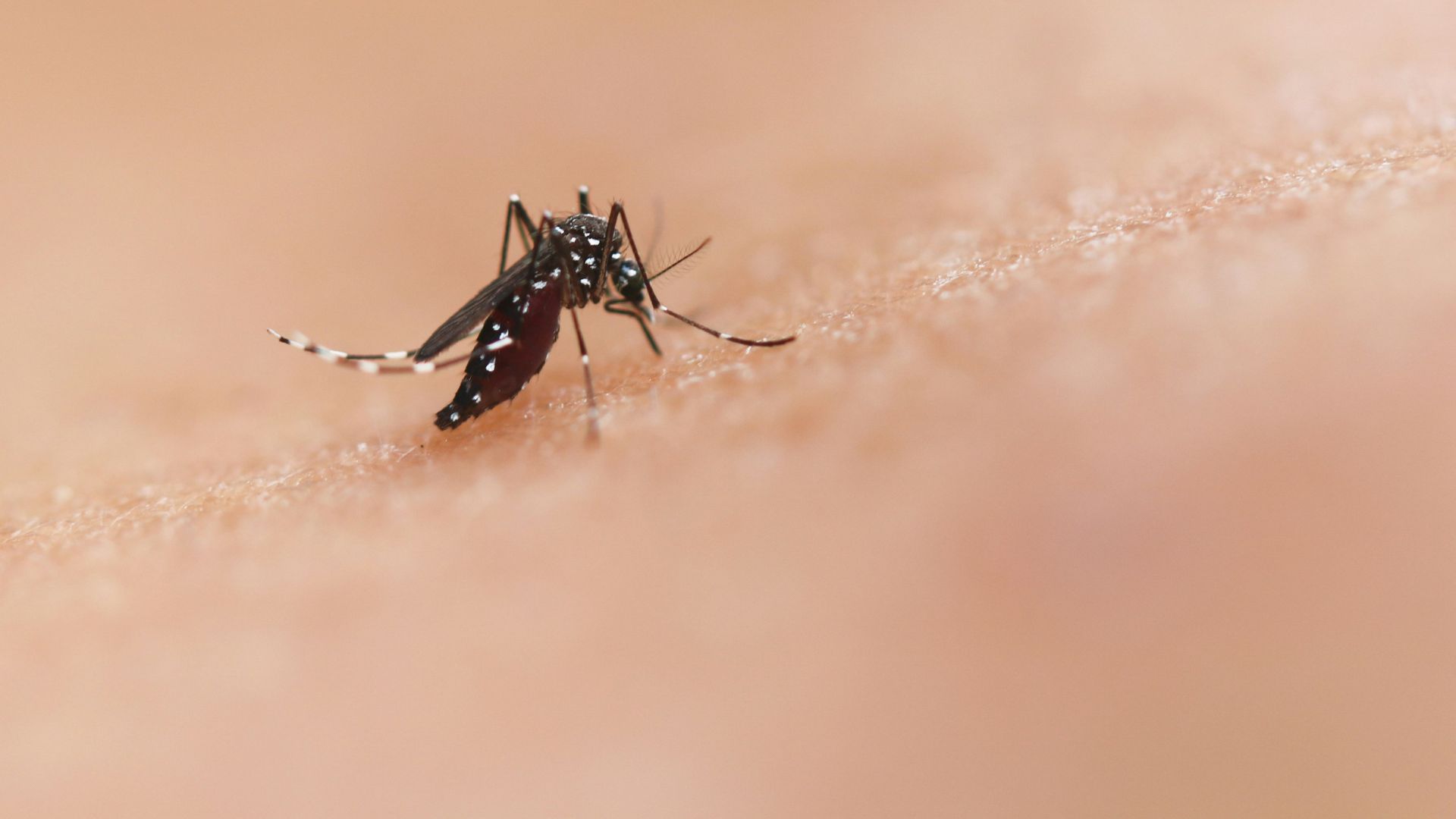
West Nile virus is the leading cause of mosquito-borne disease in the U.S., transmitted through the bite of an infected mosquito. It primarily affects birds and mosquitoes but can spill over to humans and other mammals.
Most people infected do not show symptoms, but some can develop severe illnesses like encephalitis or meningitis.
The Spread of West Nile in the U.S.
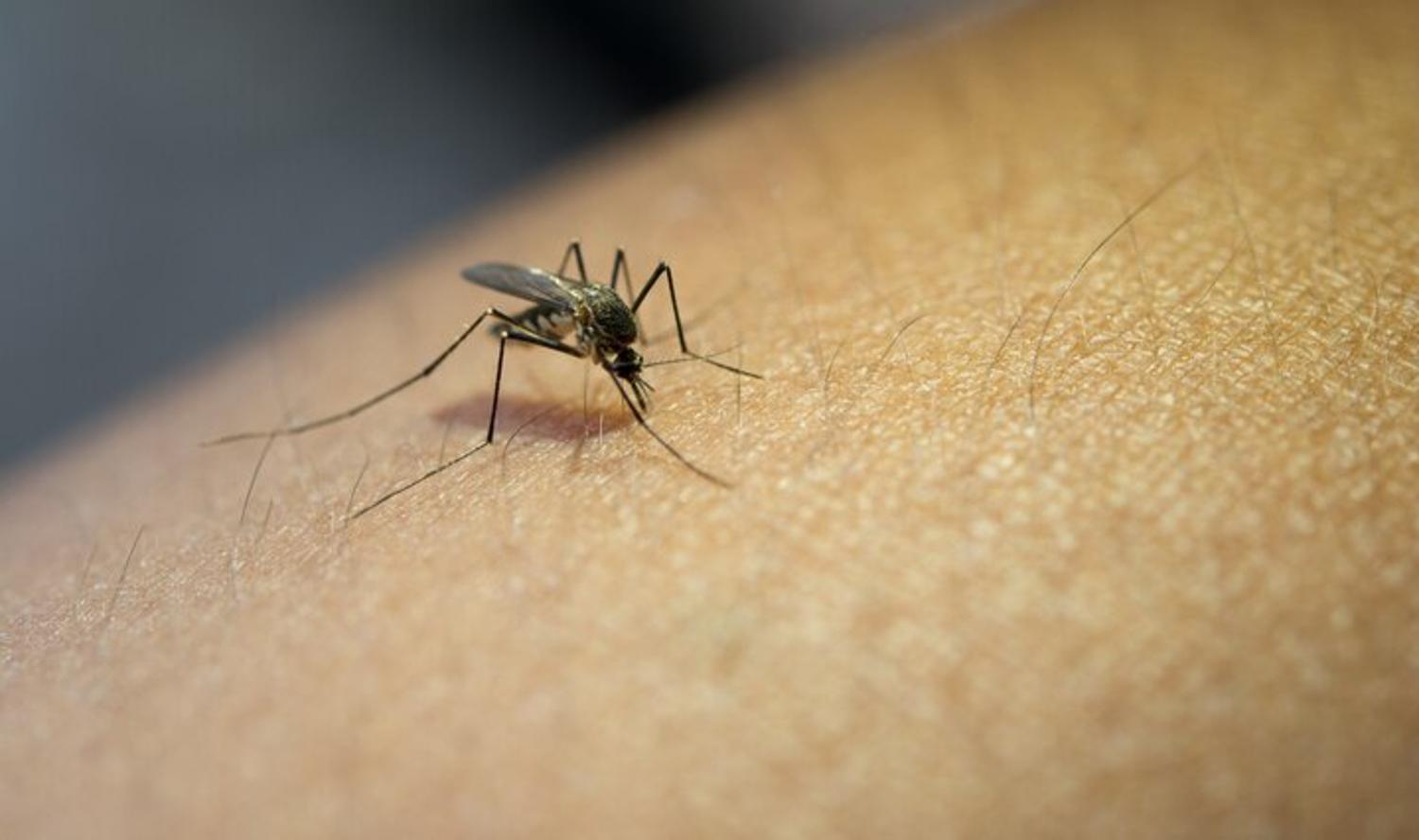
Since its first appearance in New York in 1999, West Nile virus has spread across the country. This year, 216 cases have been reported in 31 states, with the highest numbers in Texas, Nebraska, and California.
The virus peaks during mosquito season, from July to October, making now the critical time for awareness.
California’s Recent Cases
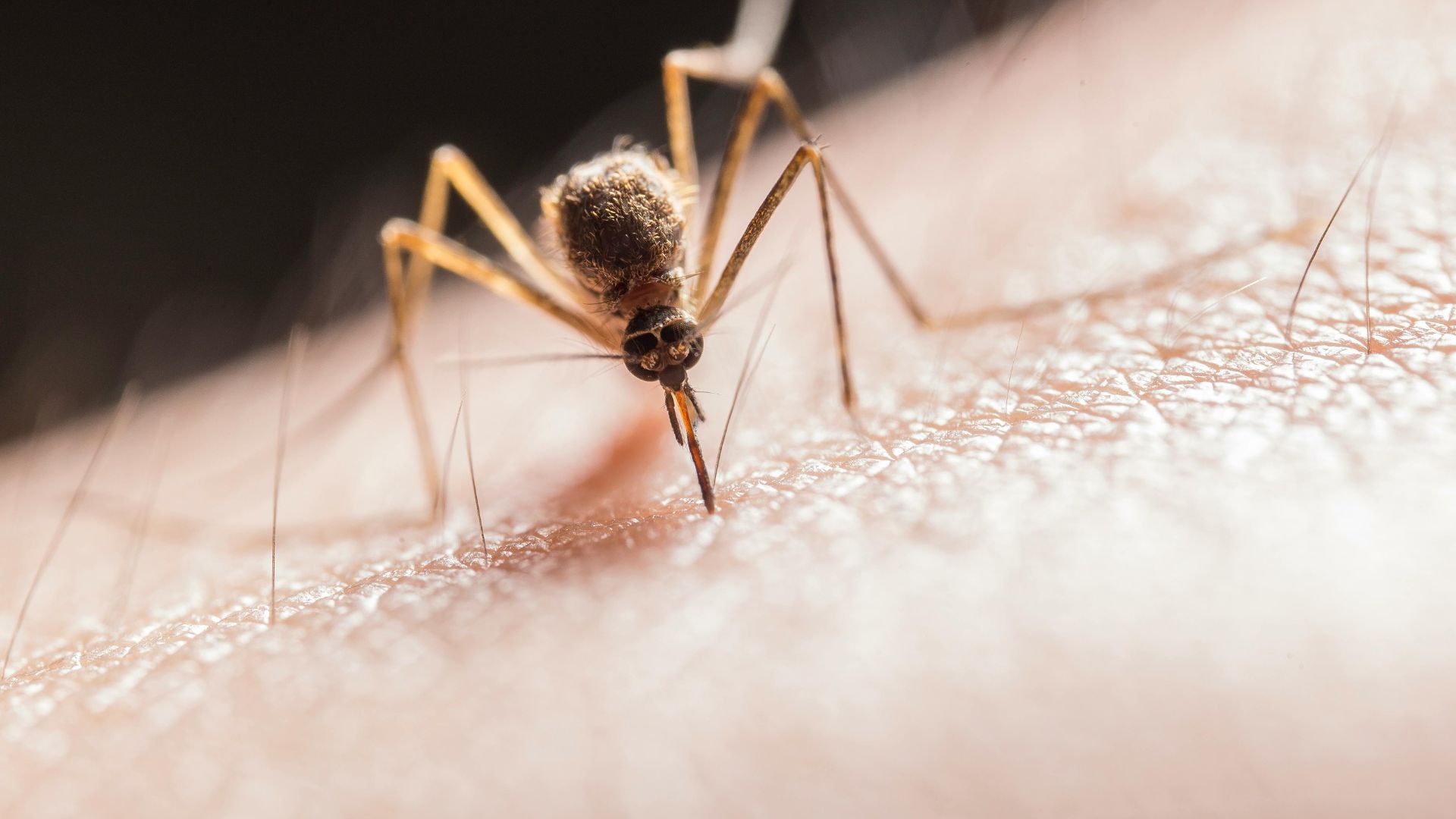
California has recorded 19 cases of West Nile virus in 2024, including three fatalities.
The most recent deaths occurred in Contra Costa and Santa Clara counties, where the virus has been detected in local bird and mosquito populations.
Surveillance and Prevention in the Bay Area
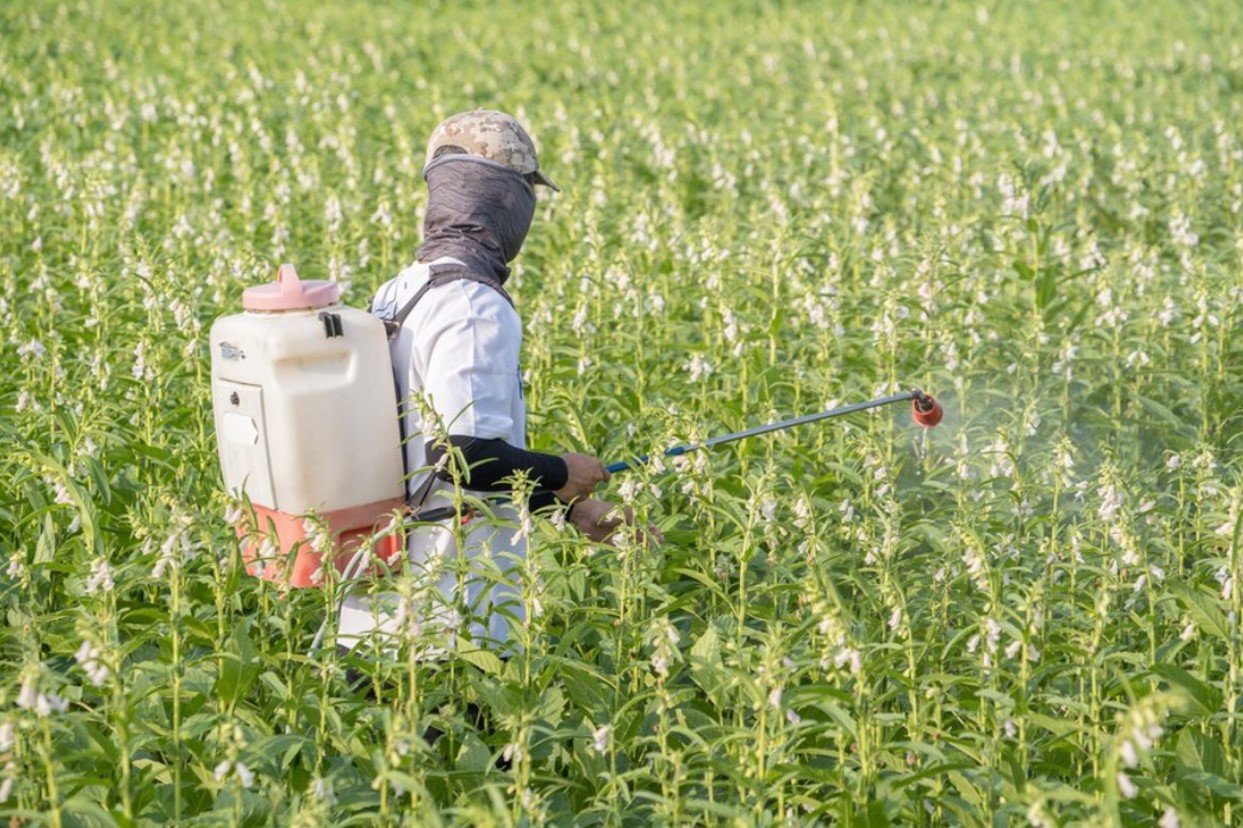
In the Bay Area, officials are ramping up surveillance to monitor the spread of West Nile virus. Sentinel chickens and local birds are tested regularly for exposure, and mosquito-control treatments are being applied in areas where the virus has been detected.
Residents are advised to eliminate standing water and use insect repellent.
Symptoms to Watch Out For
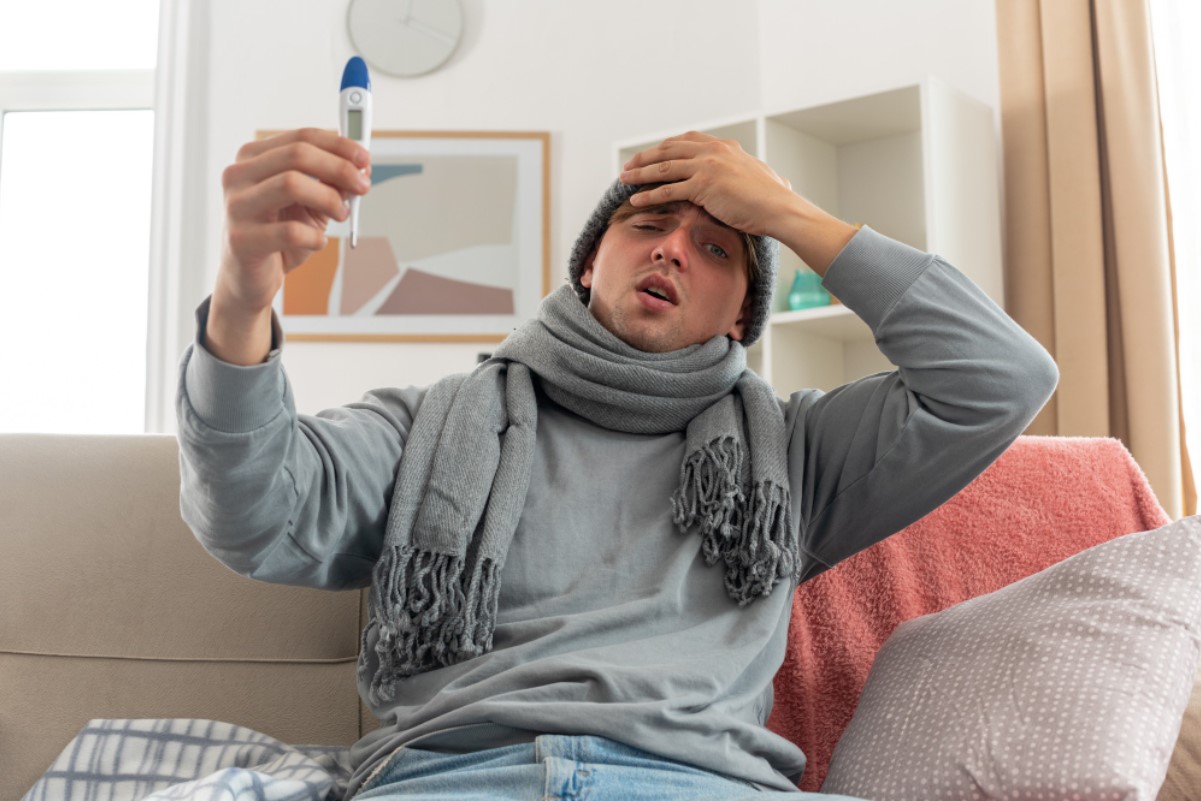
While most people infected with West Nile virus do not develop symptoms, about 20% experience fever, headaches, body aches, and fatigue.
In rare cases, the virus can cause severe neurological symptoms, including paralysis and even death. Those over 60 or with weakened immune systems are at higher risk of severe illness.
The Case of Dr. Fauci

Dr. Fauci’s hospitalization for West Nile virus highlights the potential severity of the disease. He described feeling “like [he’d] been hit by a truck” and was hospitalized for 10 days.
His recovery serves as a reminder of the importance of taking preventive measures seriously, even for those who are typically healthy.
The Broader Impact on California
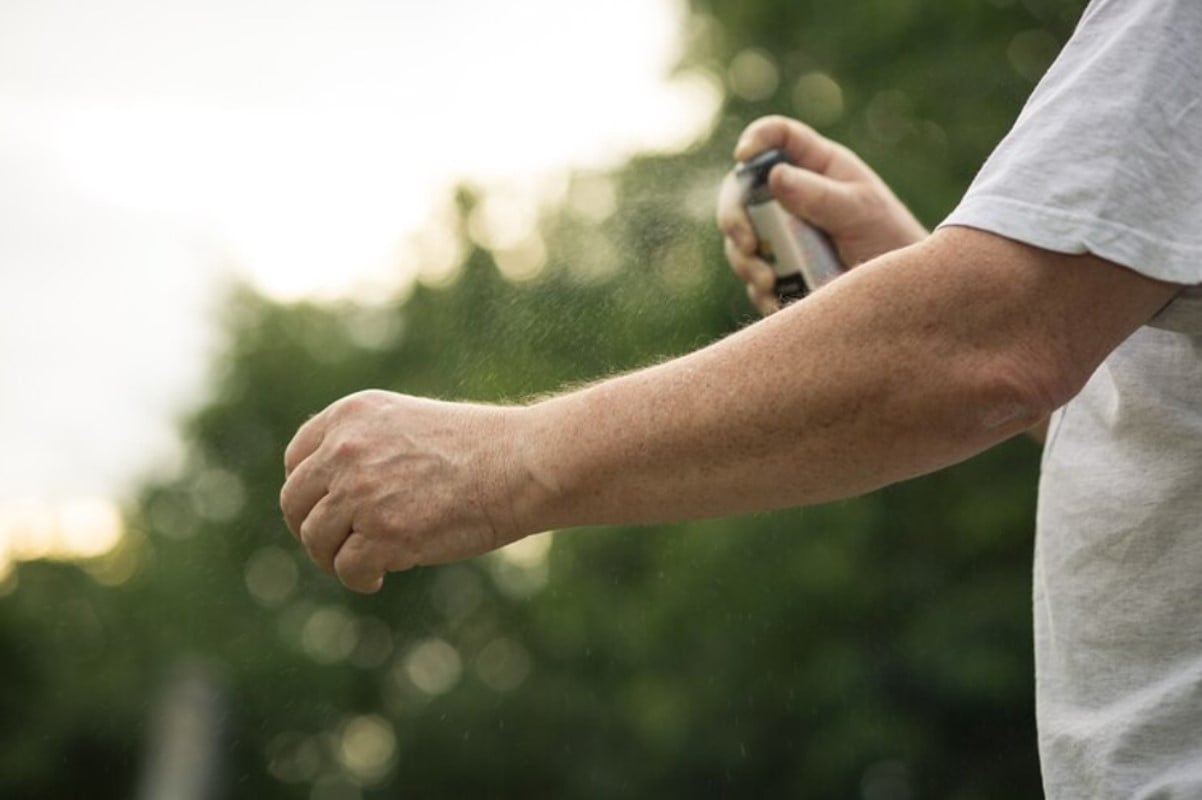
The recent spike in cases has raised concerns about the potential for a broader outbreak in California.
With the peak mosquito season underway, public health officials are emphasizing the importance of community awareness and action to prevent further spread of the virus.
Climate Change and the Rise of West Nile

Experts suggest that rising temperatures and changing weather patterns due to climate change may increase the risk of West Nile virus.
Warmer climates can extend mosquito breeding seasons, leading to higher mosquito populations and an increased risk of transmission to humans.
How to Protect Yourself from West Nile

To reduce the risk of infection, health officials recommend wearing long sleeves and pants, using EPA-registered insect repellents, and staying indoors during peak mosquito activity times.
Around homes, it’s crucial to drain any standing water where mosquitoes can breed.
Vigilance is Key
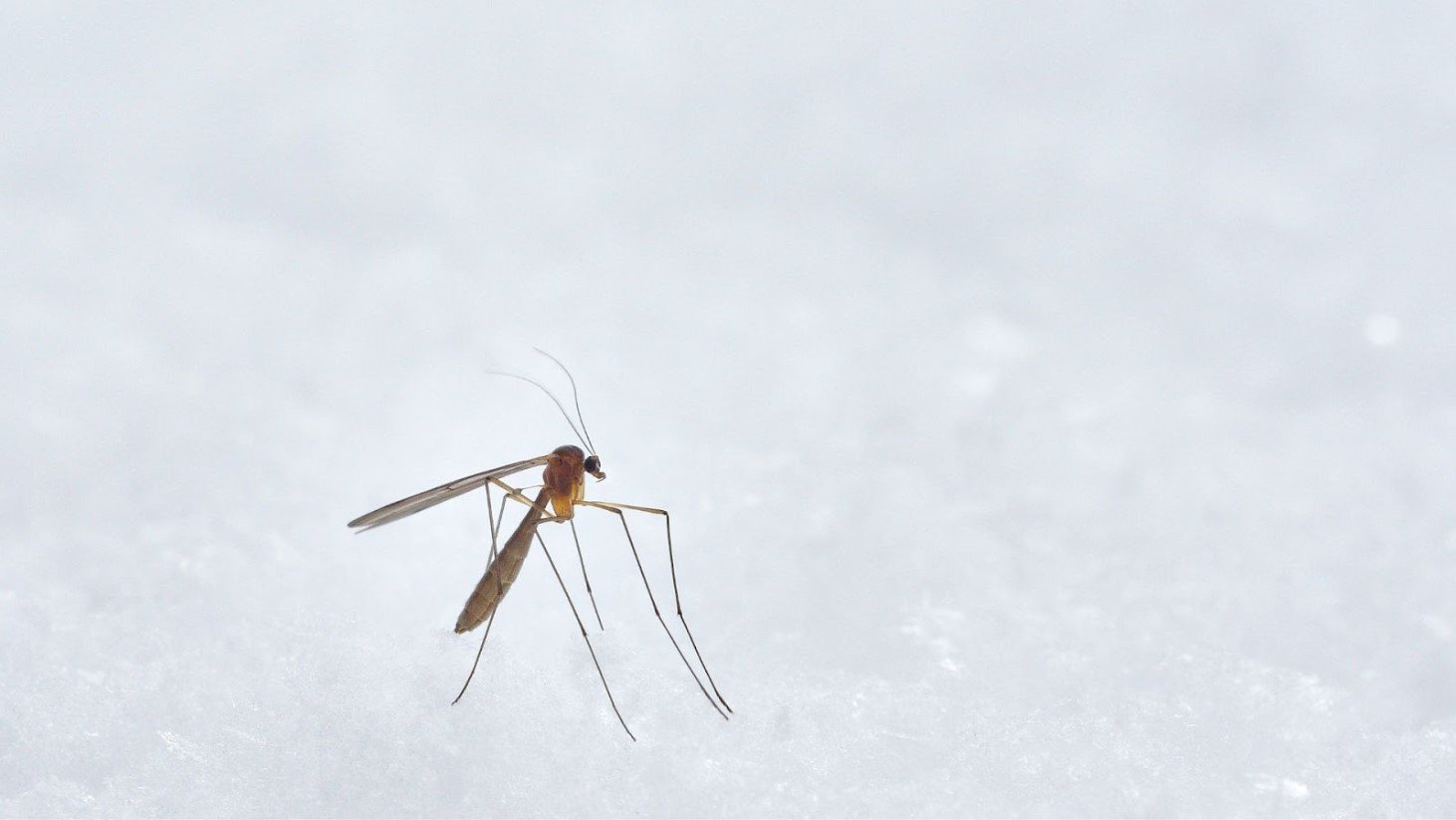
As California navigates through another mosquito season, the importance of public vigilance cannot be overstated.
With no vaccine or specific treatment available for West Nile virus, prevention and awareness are the best defenses against this potentially deadly disease.








































